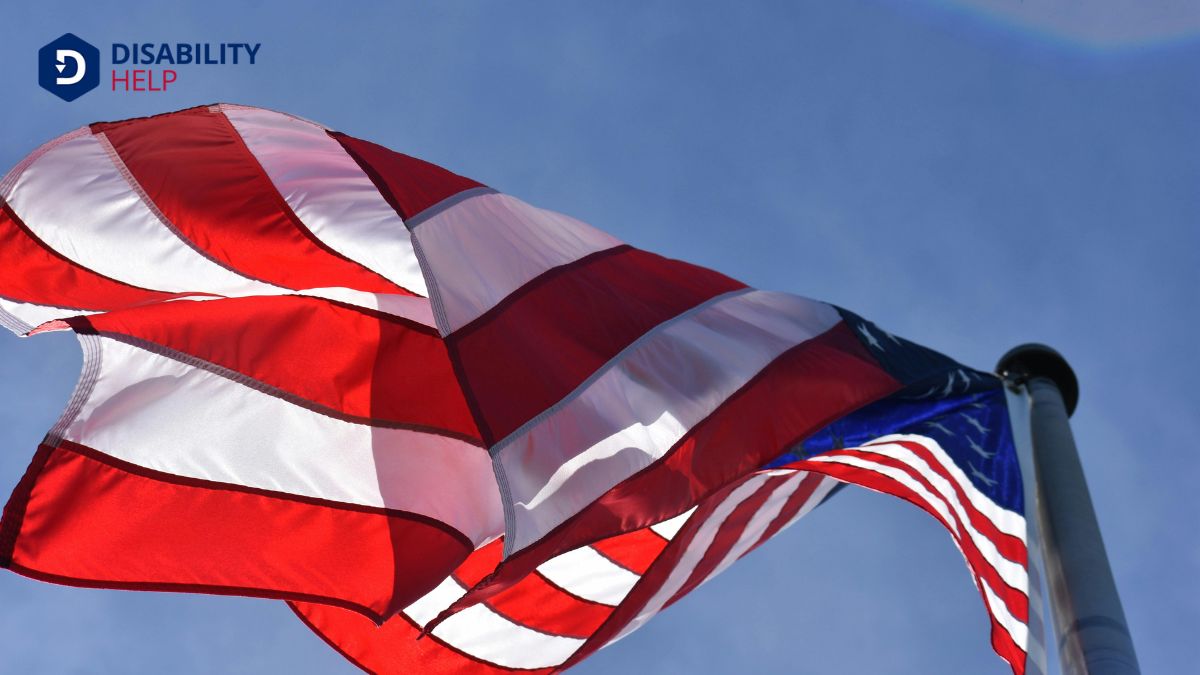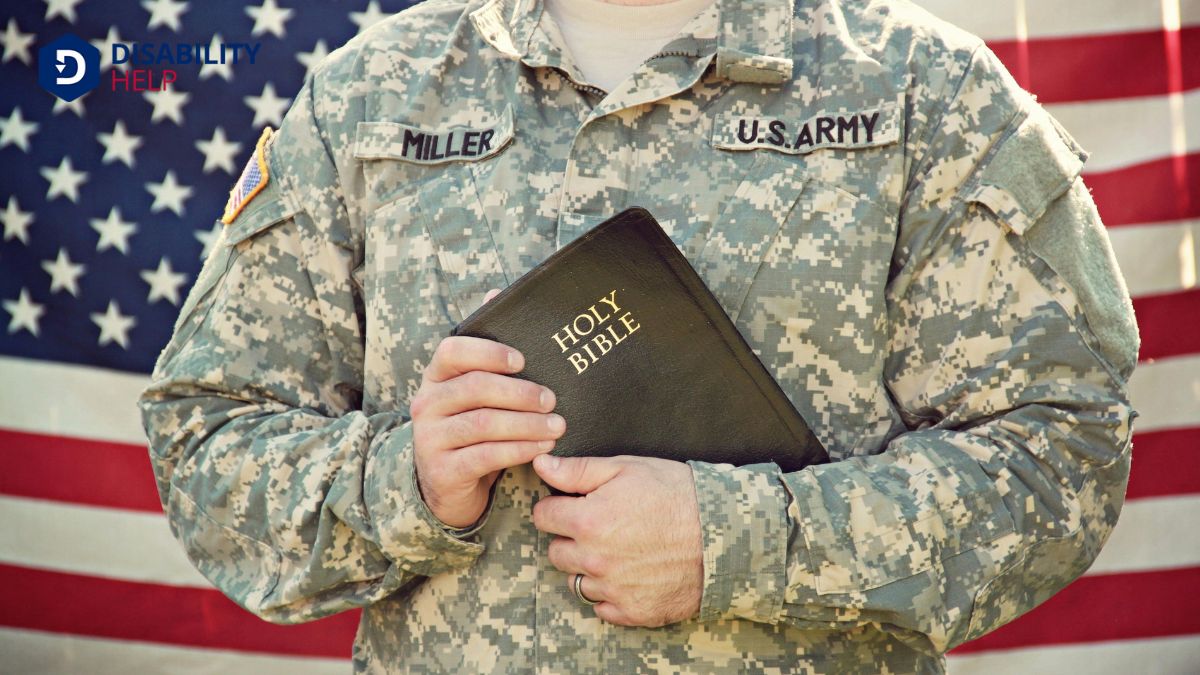Let's explore the six types of veterans, each offering unique contributions and experiences. Wartime veterans shape nations with their bravery on battlefields, while peacetime veterans maintain readiness and security. Combat veterans face intense battle zone experiences, and non-combat veterans provide essential support roles. Disabled veterans navigate challenges related to physical and mental health, advocating for personalized care and reintegration. Finally, reserve and National Guard veterans juggle civilian careers with military duties, always ready for emergencies. Understanding these diverse experiences helps us appreciate their sacrifices and may reveal deeper insights into their lives and roles.
Key Takeaways
- Wartime veterans are known for their bravery and sacrifices during armed conflicts.
- Peacetime veterans maintain readiness and national security through training and strategic planning.
- Combat veterans have intense battlefield experiences affecting post-deployment life.
- Non-combat veterans provide essential support roles and face civilian transition challenges.
- Disabled veterans face unique challenges and require personalized care for reintegration.
Wartime Veterans
Throughout history, wartime veterans have played an indispensable role in shaping the course of nations. We've seen how their bravery and sacrifices have influenced not only the outcome of wars but also the societies they protect. These veterans have faced unimaginable challenges on battlefields, often putting their lives on the line for the greater good. As we consider their contributions, it's crucial to understand the profound impact they've had on our collective history.
Wartime veterans are defined by their active service during periods of armed conflict. Their experiences are unique, marked by intense training and deployment to war zones. They carry with them stories of resilienceThe ability of individuals with disabilities to cope with and adapt to challenges and adversity., camaraderie, and the harsh realities of war. This shared experience often creates a strong bond among them, a brotherhood forged in adversity.
When we talk about wartime veterans, we're acknowledging their significant role in defense and national security. They remind us of the personal cost of freedom and the need for ongoing support once they return home. By recognizing their service, we guarantee their sacrifices are never forgotten, and we honor their contributions to our peace and security. Let's remember their legacy and continue to support them.
Peacetime Veterans

While wartime veterans are often highlighted for their service during conflicts, it's important to also recognize the significant contributions of peacetime veterans. These individuals serve during periods without active conflicts but play a crucial role in maintaining readiness and securing our military's strength. Their service involves rigorous training, strategic planning, and maintaining equipment, all essential to national security.
Peacetime veterans secure that our armed forces are prepared for any eventuality. They engage in exercises and operations that simulate real-world scenarios, allowing for strategic improvement and adaptation. Furthermore, they provide humanitarian aid, disaster relief, and support peacekeeping missions, demonstrating the military's role beyond combat.
We often overlook the fact that peacetime service requires vigilance and dedication. These veterans manage day-to-day operations, oversee recruitment and training, and implement new technologies and strategies. Their work fosters a culture of excellence and preparedness, ensuring that should conflict arise, our forces are ready to respond decisively.
Combat Veterans
When we think about combat veterans, we recognize the intense experiences they face in battle zones, which can have lasting impacts. These experiences often bring unique challenges once they return home, affecting both their mental and physical well-being. Let's explore how these factors shape their lives post-deployment and what support they might need.
Experiences in Battle Zones
Combat veterans often face intense and challenging experiences in battle zones, impacting their physical and mental well-being. We might find ourselves in hostile environments where danger is ever-present, and every decision is pivotal. The constant threat requires vigilance, influencing how we perceive our surroundings and react to unexpected situations. These experiences can change us, shaping our perspectives on life and the world.
When we're in a battle zone, the camaraderie we share with fellow soldiers becomes an essential source of support. We learn to rely on each other as we navigate the complexities of combat, forming bonds that often last a lifetime. The shared experiences create a unique understanding and trust among us.
In battle, we encounter situations that test our limits and challenge our resilience. The reality of combat may involve making difficult decisions under pressure, witnessing loss, and dealing with the unpredictability of warfare. These experiences teach us to adaptA grassroots disability rights organization in the U.S. that focuses on promoting community-based se... quickly and remain focused, even when the environment is chaotic.
Through it all, we learn invaluable lessons about courage, sacrifice, and the significance of looking out for one another. These experiences in battle zones leave a lasting impact on who we are.
Post-Deployment Challenges
Returning home from a battle zone presents a new set of challenges that many of us combat veterans mightn't anticipate. The shift from a high-stakes environment to civilian life can be tough to navigate. We might find ourselves struggling to reconnect with family and friends, or even adjusting to the routine of daily life. The skills we honed in combat don't always transfer seamlessly into our lives back home, and this can lead to feelings of isolation or frustration.
Here are some common post-deployment challenges that we might face:
- Reintegration into Civilian Life: Adjusting to a life where the pace is slower, and priorities differ can be overwhelming. The things that once mattered deeply to us might now seem insignificant or confusing.
- Mental Health Struggles: Many of us battle with PTSD, anxiety, or depressionA mental health condition marked by persistent feelings of sadness and loss of interest.. These invisible wounds can make the shift even more challenging, affecting not just us but our loved ones as well.
- Employment and Education: Finding a job or pursuing further education can be challenging. We might feel out of place or underqualified, despite our valuable experiences and skills.
Understanding these challenges is the first step towards overcoming them. We're doing this together, and support is available.
Non-Combat Veterans

Not all veterans have encountered combat, and it's important to acknowledge the significant contributions of non-frontline veterans. These individuals serve in a variety of essential roles that support military operations, often working behind the scenes.
Whether they're involved in logistics, communications, medical services, or intelligence, non-frontline veterans play a vital role in the overall success of the military. They guarantee that troops are supplied, informed, and cared for, which directly impacts mission outcomes.
We must understand that non-frontline roles require specialized training and skills. For instance, a logistics specialist manages the intricate supply chains that deliver necessary equipment and supplies to the front lines. Meanwhile, medical personnel provide crucial health care, ensuring that service members remain healthy and ready for duty. These roles demand dedication and expertise, often under challenging conditions.
Non-frontline veterans also face unique challenges when shifting to civilian life. Their skills may not always align directly with civilian job markets, requiring them to adapt and translate their military experience into new careers.
Disabled Veterans
Just as we recognize the invaluable contributions of non-frontline veterans, we must also acknowledge the unique experiences and challenges faced by disabled veterans. They've served with dedication and faced risks that sometimes lead to physical or mental injuries. Understanding their journey helps us appreciate their resilience and the support they need.
Disabled veterans navigate a world that requires them to adapt in ways many of us might never imagine. Here are a few aspects we should consider:
- Physical and Mental Health: Disabilities can range from visible injuries to unseen mental health challenges like PTSD. Each veteran's journey is unique, requiring personalized care and support.
- Reintegration into Civilian Life: Shifting from military to civilian life can be complex. Disabled veterans often need additional resources to adapt, including job training and accessible housing.
- Continued Service and AdvocacyThe act of arguing in favor of, supporting, or defending the rights and interests of individuals or ...: Many disabled veterans become advocates, using their experiences to support others. Their voices are essential in shaping policies that improve veterans' services.
Reserve and National Guard Veterans
When we think about the military, it's easy to focus on active-duty service members, but let's not overlook the pivotal role that Reserve and National Guard veterans play. These individuals balance dual responsibilities: they serve our nation while maintaining civilian careers. This unique commitment requires them to be ever-ready, stepping up during emergencies, natural disasters, or overseas deployments.
We often find Reserve and National Guard members integrated into our communities. They're our co-workers, neighbors, and friends. Their service is essential, providing crucial support to active-duty forces. Unlike full-time military personnel, they train periodically throughout the year, yet they're expected to perform at the same high standards when called upon.
Understanding their contributions helps us appreciate the diverse fabric of our military. These veterans have experienced the challenges of shifting between civilian and military roles. They've managed to juggle jobs, family, and service obligations, showcasing remarkable adaptability and dedication.
Conclusion
To sum up, we've explored the diverse experiences that define the six types of veterans. Whether they served during wartime or peacetime, faced combat, or were supported from behind the lines, each veteran contributed uniquely to our security and freedom. Disabled veterans have shown remarkable resilience, while Reserve and National Guard members balance civilian and military duties. Let's honor their sacrifices and recognize the varied paths they've traveled, ensuring their stories and contributions are never forgotten.






